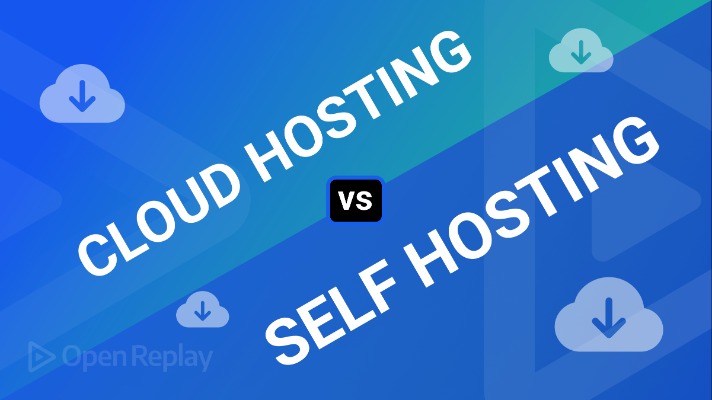06 Ago Managed Vs Unmanaged Internet Hosting: What Is Your Best Option?
Clients get CPU, RAM, disk house, and bandwidth from a single server, creating an unbiased virtual server instance. Managing your internet hosting setting ensures that WordPress loads quicker and performs at a higher degree. Hosts use caching and content material supply networks (CDNs) to speed up their websites and make them responsive.
Managed Vs Unmanaged Internet Hosting Plans, What Are They And Which Is Better?
The hosting provider is responsible for managing the infrastructure, software program, and technical support, allowing web site owners to give consideration to their core enterprise and content creation. If you lack in-house IT expertise, managed internet hosting is the safer and extra handy option. For businesses with a skilled IT staff, unmanaged hosting presents higher management and suppleness. Managed hosting is good for customers who lack technical experience or prefer to dump server administration responsibilities to professionals.

Essential Steps To Start Out Your Personal Online Business
You’ll also get full management over the server’s digital configuration. Managed internet hosting suppliers take all safety precautions, corresponding to firewalls, malware scanning, and common How to add and remove users in Debian 11 updates. If your website is growing and requires extra resources, managed Virtual Private Server (VPS) internet hosting is a great choice.
- All the safety setup to technical things are taken care of by the internet hosting provider.
- A well-managed scalability and resource system requires technical experience and ongoing upkeep.
- Managed hosting costs more however presents automated backups, superior help, and enhanced safety.
- However, time that could be utilized in rising your web site and enterprise is spent establishing and managing your website.
Understanding Dns Records: Types, Administration, And Troubleshooting
Cloud managed hosting leverages cloud infrastructure to supply scalability, flexibility, and redundancy for hosting websites and purposes. In a cloud managed hosting environment, the hosting supplier makes use of a network of interconnected servers distributed throughout a quantity of data facilities to host clients’ websites and functions. The cloud infrastructure is managed and maintained by the hosting provider, who’s responsible for server provisioning, resource allocation, security, and maintenance. Clients profit from on-demand scalability, as they’ll easily scale their resources up or down based on altering visitors demands or resource requirements.



No Comments